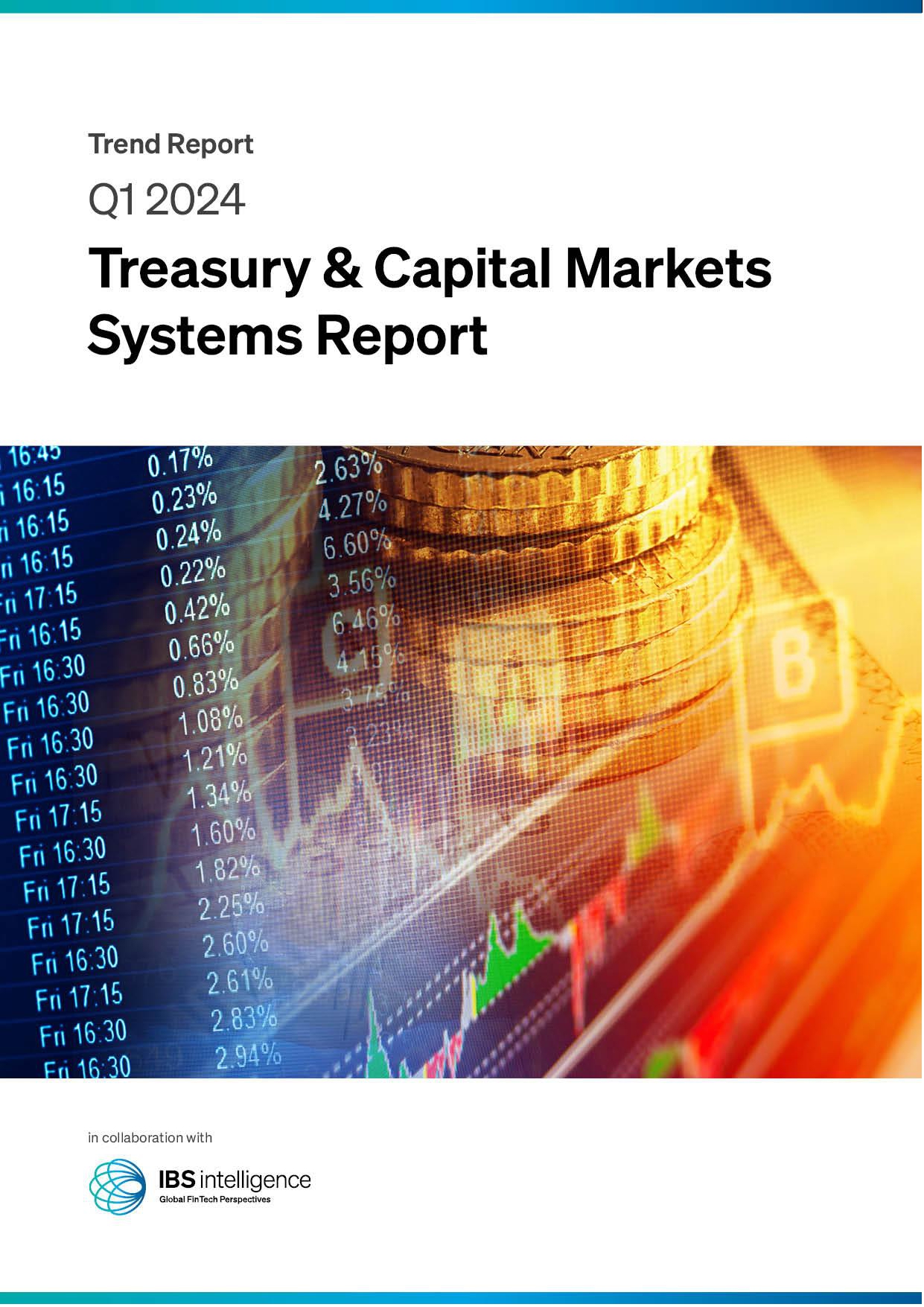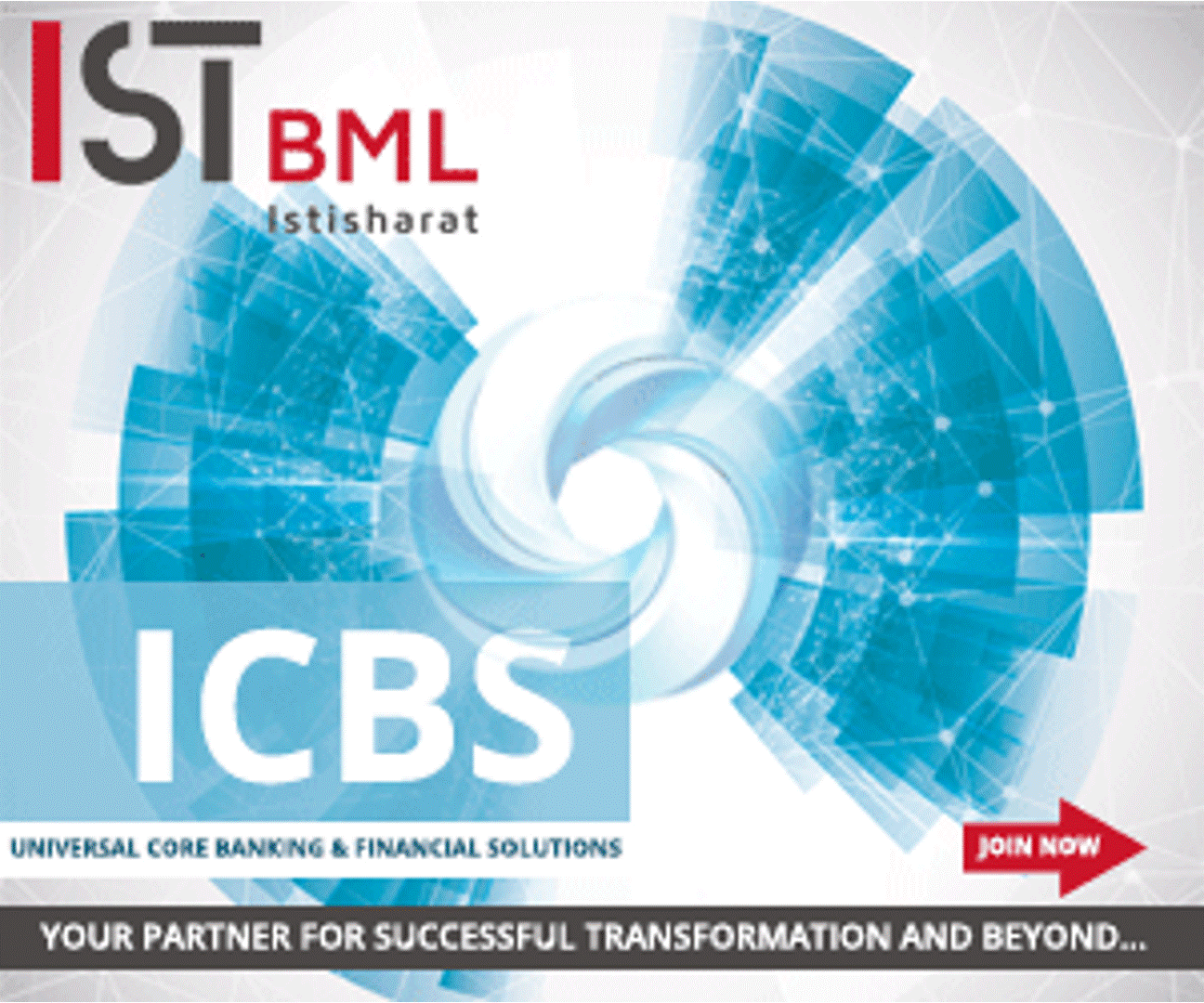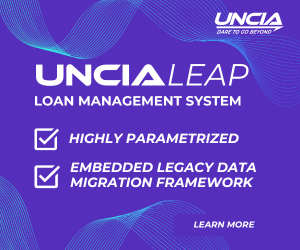BNY Mellon utilizes Blockchain to digitize working capital in Global Trade Finance
By Edlyn Cardoza
 BNY Mellon has joined a consortium working to introduce blockchain technology into international trade finance and digitize how working capital is provided to both suppliers and buyers across the globe.
BNY Mellon has joined a consortium working to introduce blockchain technology into international trade finance and digitize how working capital is provided to both suppliers and buyers across the globe.
Through its participation in the Marco Polo Network, BNY Mellon can more efficiently insert liquidity into the international supply chain, providing supply chain finance solutions including payables financing and receivables discounting to suppliers shipping goods and services to their buyers around the world.
The Marco Polo Network is a consortium of approximately 45 banks that provides an open software platform for trade, payments and working capital financing to banks, corporates, and other market participants. It is a cloud-based blockchain-powered network that allows the seamless, secure and fast exchange of trade data assets in a multi-channel environment.
Utilizing Marco Polo, BNY Mellon will provide financing to suppliers and have real-time visibility into trade finance instruments and their statuses, such as purchase orders and invoices.
Real-time visibility significantly speeds up the trade finance workflow. On the blockchain, when both parties agree that the transaction terms are correct, the trade is confirmed in real-time. This means the data in trade documents are checked, matched, and confirmed by both parties near instantaneously, enabling the faster delivery of working capital to finance the trade by liquidity providers like BNY Mellon.
Digitisation delivers particularly pronounced efficiencies for large buyers such as big-box retailers that may issue tens of thousands of purchase orders each day and previously had to rely on an antiquated paper and email-based workflow to secure trade financing.
“Blockchain has the potential to transform the trade finance industry by replacing multiple systems with a single shared record through one distributed ledger. As all participants in the transaction will be immediately updated of each development in the trade lifecycle, this enables us to extend working capital more quickly and more securely to clients,” says Joon Kim, Global Head of Trade Finance Product & Portfolio Management in BNY Mellon Treasury Services.
The utilization of the blockchain reduces the risk that the same trade instruments could be used to secure working capital from multiple liquidity providers. This reduced credit risk increases clients’ confidence and creditworthiness and may translate into a better rate to obtain working capital.
Digitisation and the multi-channel Marco Polo network also opens up the potential for the development of a liquid secondary market in trade finance, in which a trade instrument that is already subject to financing can be sold to an alternative liquidity provider consortium member, freeing up more capacity for additional working capital to be extended.
Finally, the blockchain enables counterparties to monitor whether trades align with their environmental, social and governance (ESG) principles more seamlessly. The Marco Polo network provides users with an independent view into a large number of corporations and applies an ESG score to each company that can enable participants to determine whether a company meets their environmental, social and governance values.
This includes the ability to track the labour conditions for workers within the supply chain, identify whether raw materials were obtained from prohibited areas such as conflict zones and monitor the carbon emissions of vehicles being used to ship orders.
Since the Marco Polo Network operates as an open platform that allows for connections through APIs, the network can accommodate a wide variety of Enterprise Resource Planning (ERP) systems that suppliers and buyers across the world may be utilizing as a part of their trade financing process.
“We are particularly pleased to be a participant in the Marco Polo Network which will enable clients to interact with us and access financing in an open architecture compatible with most major ERP systems,” adds Kim.
Blockchain-based trade finance is just the latest step in BNY Mellon’s drive to expedite the paper-to-digital journey and make payments and trade more efficient for clients. Last month IBS Intelligence had reported that Verizon had become the first client to roll out Real-Time E-Bills and Payments to customers, making it the first US corporate to extend this innovative new technology into the retail consumer space.
IBSi Daily News Analysis
IBSi FinTech Journal
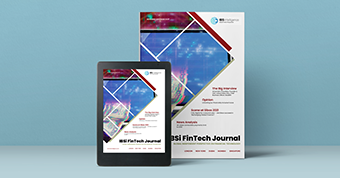
- Most trusted FinTech journal since 1991
- Digital monthly issue
- 60+ pages of research, analysis, interviews, opinions, and rankings
- Global coverage
Other Related News
Related Reports

Sales League Table Report 2024
Know More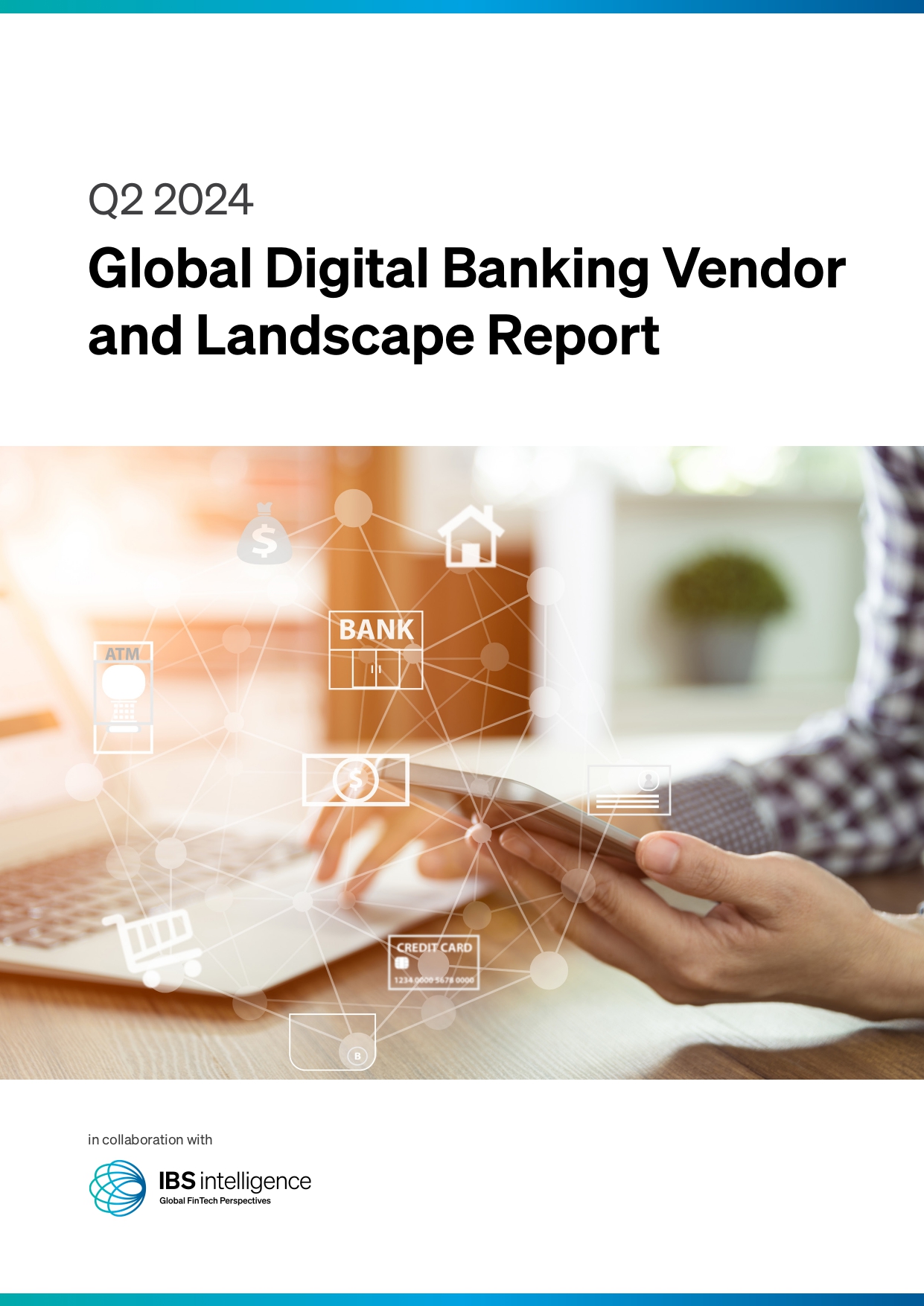
Global Digital Banking Vendor & Landscape Report Q2 2024
Know More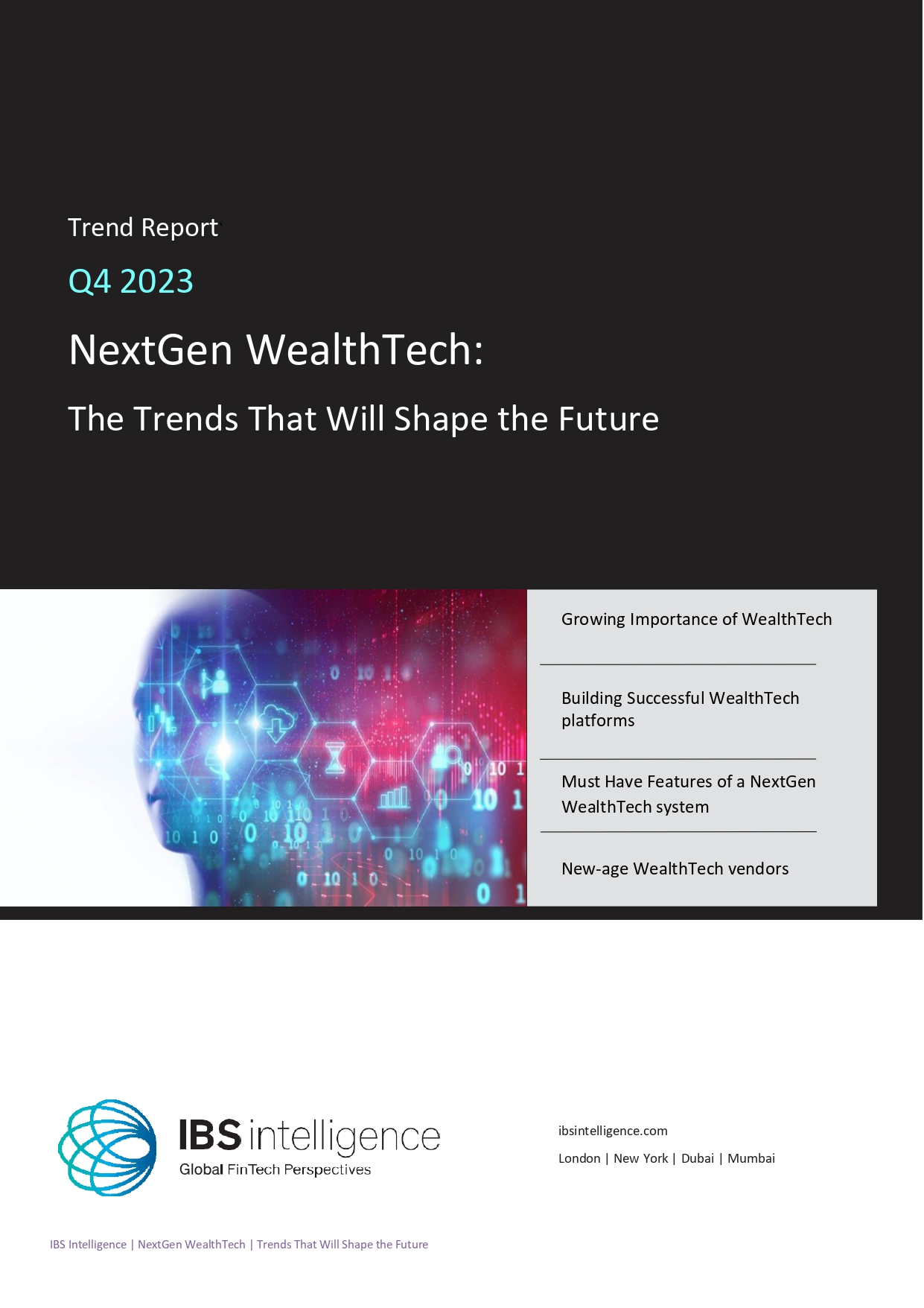
NextGen WealthTech: The Trends To Shape The Future Q4 2023
Know More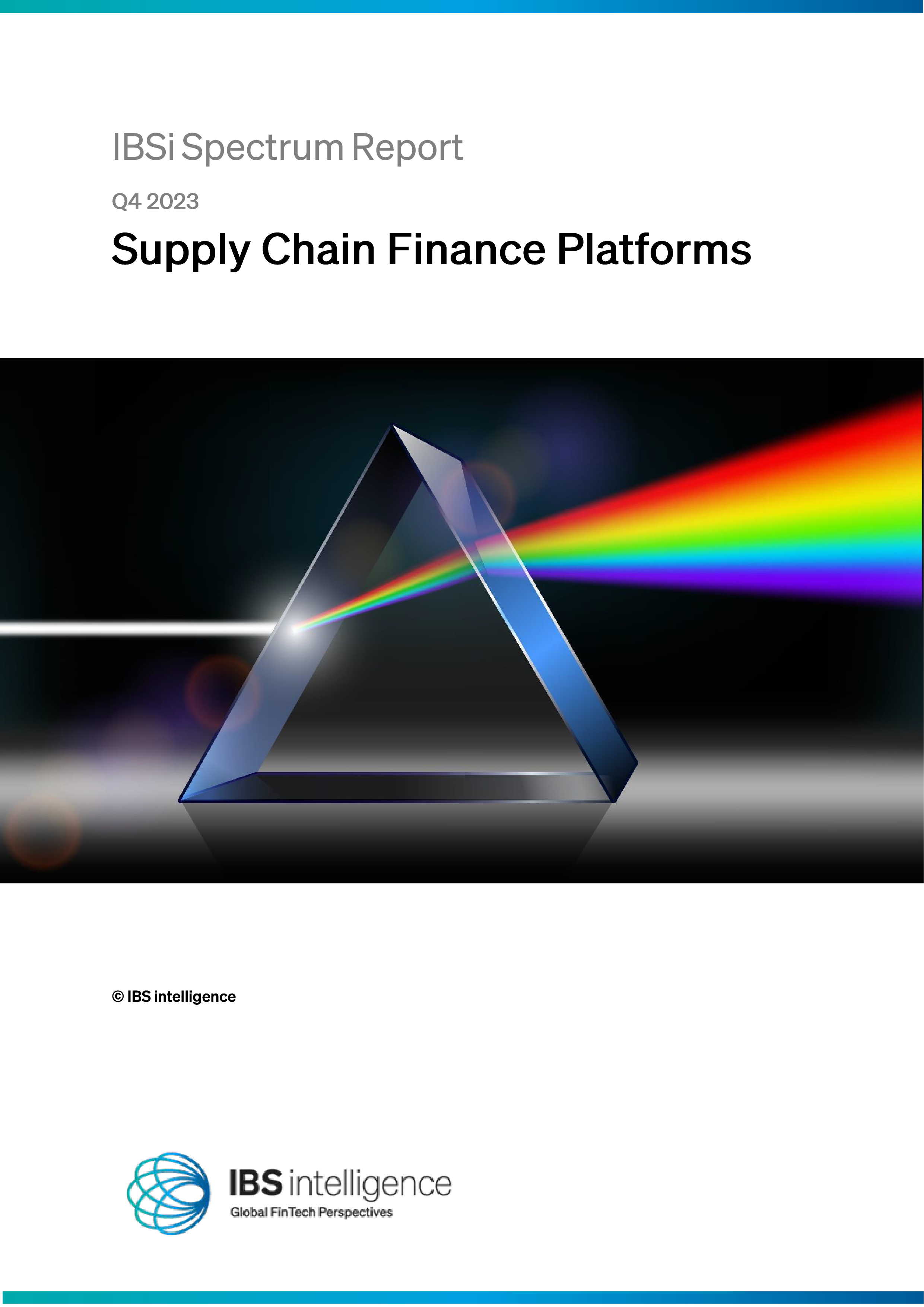
IBSi Spectrum Report: Supply Chain Finance Platforms Q4 2023
Know More